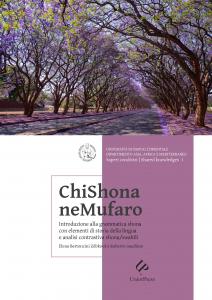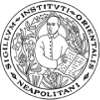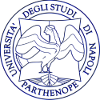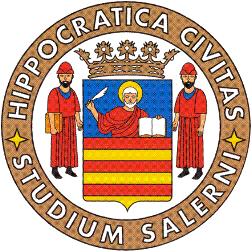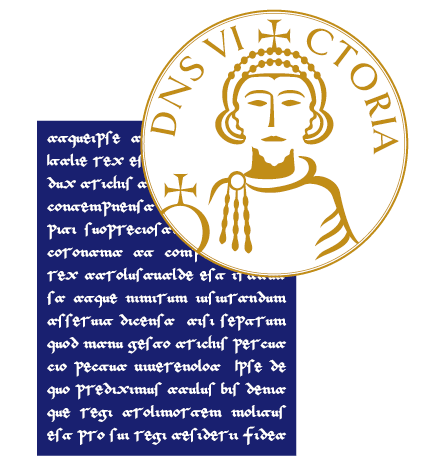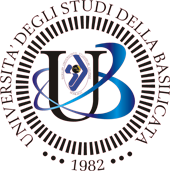ChiShona neMufaro. Introduzione alla grammatica shona con elementi di storia della lingua e analisi contrastiva shona/swahili
Keywords:
grammar, Bantu, Shona, SwahiliSynopsis
Publisher: UniorPress
Series: Shared knowledges
Pages: 190
Language: Italian
NBN: http://nbn.depositolegale.it/urn:nbn:it:unina-28380
Abstract: This volume is a posthumous publication by Prof. Elena Bertoncini Zúbková of which Roberto Gaudioso is editor and co-author. It is an introductory grammar to the Shona language, with contrastive elements to Swahili, which belongs to the same Bantu language family. The contrastive nature makes this work particularly suitable for students of Swahili. The volume, with the contribution of the co-author, enriches the part of Shona/Swahili contrastive grammar with a historical-linguistic introduction that reconstructs contacts and exchanges between these two worlds and situates the two languages in the broad family of Bantu languages. This extensive introductory section makes the book a useful tool for those who are approaching the study of Bantu languages for the first time. Before the morphological description of the Shona language, the co-author has also included an in-depth study of the various Shona spelling reforms, in order to give the reader the tools to approach the texts printed before the last (third) spelling reform in 1967. The grammatical description of the Shona language is mainly based on the morphological aspects of the language, some of which are described in detail such as the chapter on nominal classes and the chapter on the verb. Finally, the grammar is enriched by several summary tables and illustrations of ancient and modern Zimbabwe, the main country in which the Shona language is spoken.
Downloads
